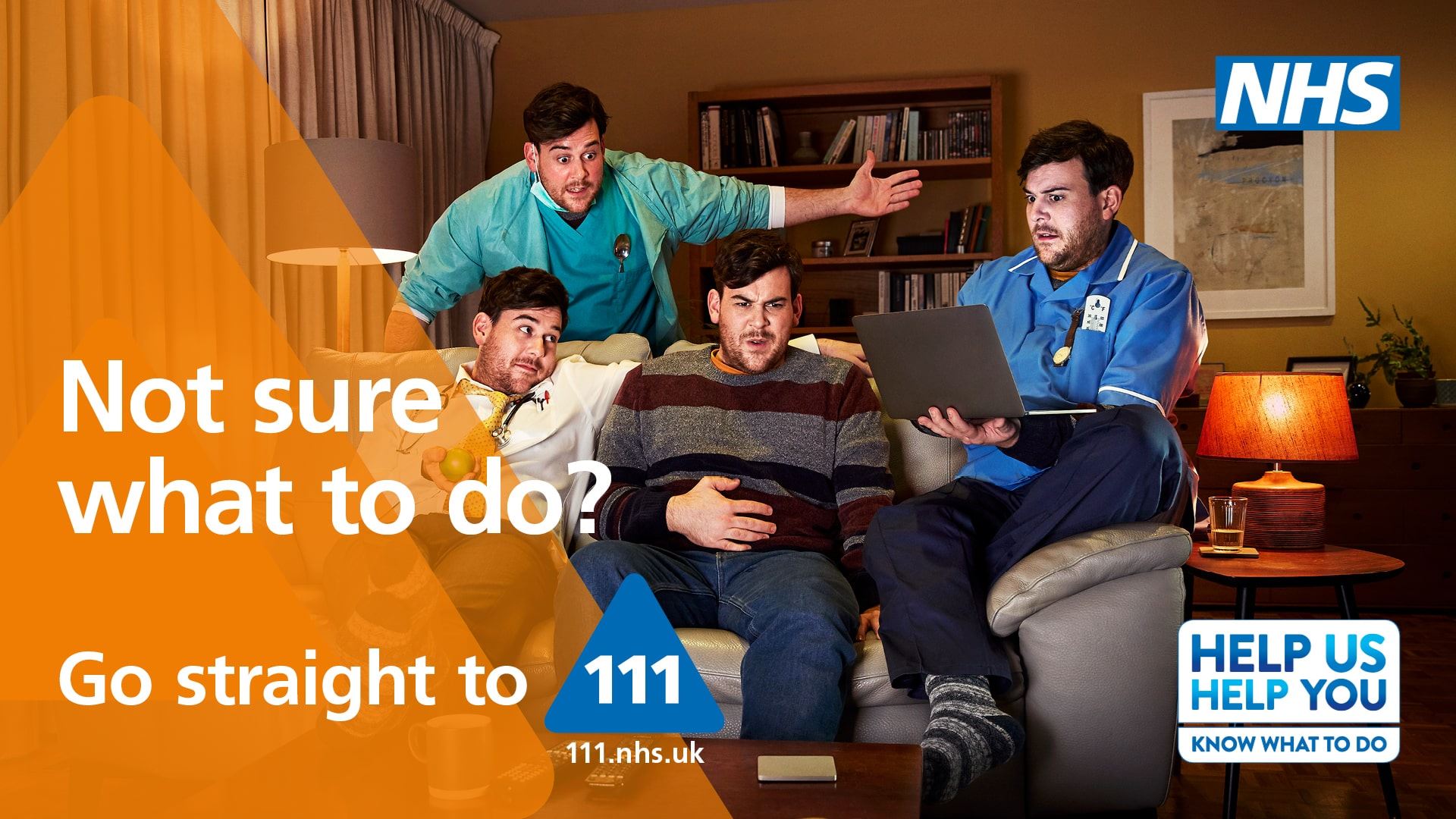Opening Hours
Highgrove Surgery
| Day | Opening hours |
|---|---|
| Monday 16 February |
8am to 6:30pm
|
| Tuesday 17 February |
8am to 6:30pm
|
| Wednesday 18 February |
8am to 6:30pm
|
| Thursday 19 February |
8am to 6:30pm
|
| Friday 20 February |
8am to 6:30pm
|
| Saturday 21 February | Closed All Day |
| Sunday 22 February | Closed All Day |
Page last reviewed: 18 November 2020
Page created: 18 November 2020
Page created: 18 November 2020
